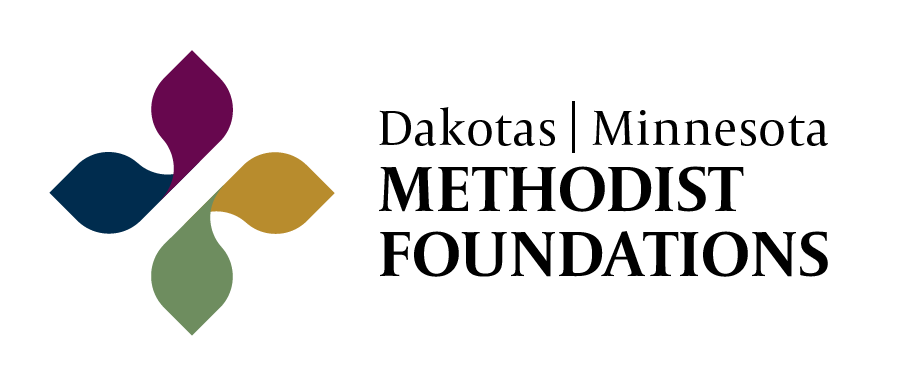
Church Budgeting: It's time to take off the cruise control

Needles Highway in Custer State Park, SD.
When it comes to budgeting, most churches just leave the cruise control on. Most line items stay the same. We make some guesses on utilities and snow removal. The decision we spend the most time on is pastor and staff raises. I would argue that cruise control is really never acceptable for church budgeting. The road churches travel is rarely a straight path without obstacles. Earlier this year I put out a series of videos to guide churches in budgeting better in order to face this reality. If budgeting in a regular year is like a Sunday drive through the country, budgeting in 2021 is like driving the Needles Highway with all its hairpin turns and narrow tunnels, in January, while rushing someone to the Emergency Room. With that in mind, here are my thoughts on budgeting for 2021.

Slow Down Your Income
If your church just plugs in income as an offset of the total expenses, your budget is likely garbage. You would never create your household budget like this. Your budget is a plan for spending the income you realistically expect to receive. Here’s a tool I created to help estimate your church’s income (averages the last 3 years revenue): Budget Bottom Line Calculator. For 2021, there’s so much uncertainty that you should budget your income conservatively (slow down). If your income has been growing steadily over the years, budget for it plateauing. If your income has been about the same year after year, budget for a decline. If your income is declining, budget for a steeper decline. If this turns out to be correct, you’re prepared. If it’s incorrect, and income is higher than expected, that’s a better problem to have. The other thing this does is it forces us to make decisions on what we will hold onto and what we will let go because you won’t be able to fully fund everything. Doing this hard work of focusing in on the essentials and building in some margin will help you be more successful in the future with a lot less stress.

Adjust Ministry for Conditions
The world is a different place than it was back in 2019. Because of COVID and the world’s response to it, our conditions have changed. Many churches have heroically adjusted their ministries to make disciples of Jesus Christ. They are worshiping without a building, checking in with people throughout the week, working closely with community leaders, and so much more. My tendency is to want everything to get back to normal—back to 2019. Many things will go back to normal, eventually, but the world before COVID no longer exists. Yourbudget should reflect this reality. Look through your budget with new eyes. What technological changes are here to stay? Does your church need to invest more in technology? How have your programs and practices transformed to minister in this changed world? What has your congregation learned from this past year? What have we found we no longer need? What new possibilities have emerged that you want to continue to explore? Your budget can help the church see more clearly the plan to minister in these new conditions.

Photo by Karsten Wurth, Unsplash.
Focus on What’s in Front
There’s a reason the windshield is so much larger than the rearview mirror. It’s more important to stay focused on what is ahead instead of what is behind—especially in these challenging times. The church isn’t exactly like a regular vehicle though, as it seems like everybody has a steering wheel, a brake, and maybe even a gas pedal too. That’s why it’s so important that the majority of the church can see and understand where the leadership wants the church to go—the vision for the church’s future. If your leadership doesn’t have a clear vision, contact your district superintendent, leadership development office, or the Foundation. They can guide you through the process of discerning God’s calling for your church. As it relates to the church budget, you should be able to see this vision (where your church is heading) clearly reflected in the budget. A narrative budget is a great tool for doing this and then communicating it to the congregation. I don’t have time to go through the whole process, but I do have a video outlining the process.

Jeff Pospisil
I want to leave you with this quote from Dave Ramsey, “You must gain control over your money or the lack of it will forever control you.” You can get control of the money the church receives with a good budget which will eliminate waste and encourage giving.
Jeff Pospisil is the Dakotas Conference's executive director of finance and administration. Get in touch at jeff.pospisil@dakotasumc.org.